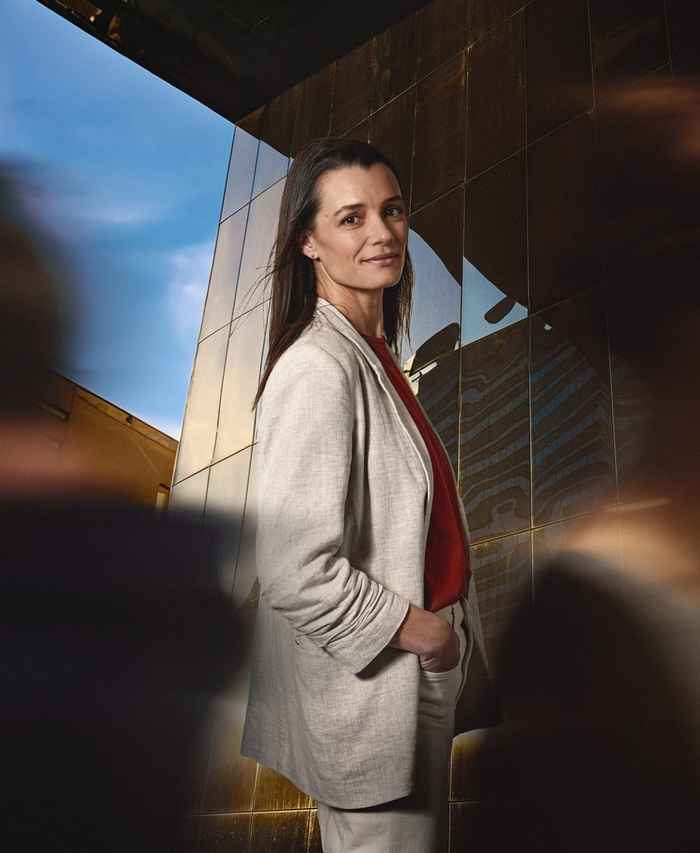Meredith Glaser

What is the impact of your work?
Cycling is increasingly on the political agenda in cities worldwide to help solve many challenges around sustainability, health, inclusion, and the economy. But urban planners, government officials and their stakeholders struggle to translate available cycling research into actionable knowledge, to navigate mobility innovations, and to find appropriate best practices. Plus, student and professional education programs specific to cycling and its integration into current policy and practice paradigms are in demand – our 4 on-line courses attract over 25,000 global students, our 3-week summer program fills up too quickly every year, and our annual conference the Cycling Research Board is gaining traction from academics all over the globe.
Our objective at the Urban Cycling Institute is that by working together with universities, governments, industry, practitioners, and students we can facilitate a positive feedback loop between science and practice, and generate new knowledge that directly improves critical decisions that impacts citizens and the sustainability of their communities.
What is the promise of REC-Impact?
It’s not a coincidence that we are situated in Amsterdam - a city well-known for its very high cycling rates and matured cycling environment. Because of this history of experience with bicycling policy, we think Amsterdam – and the UvA – is in a unique position, with an obligation to build on and share this knowledge and practice with the world. So our mission is to offer academic research and teaching but also practical knowledge, using the city of Amsterdam as a playing board to explore these issues head on. REC-Impact can facilitate this mission! And with the UvA as a Fietsambassadeur, there is a great deal of synergy to leverage.
What does valorisation mean to you?
To me, valorisation is the process of generating societal impact from academic research (and perhaps teaching as well). To engage in valorisation, research needs to be closely connected to on-the-ground practice and policy. This is where academics and practitioners can unlock innovation.
I get excited about the opportunity to participate in transformative change and to make an impact on tough societal challenges. Because of the complex and intertwined dilemmas cities are facing today, and their ambitions of achieving sustainable, resilient, inclusive, healthy communities, I think valorisation is – and should be – an important duty of urban and transportation planning research.